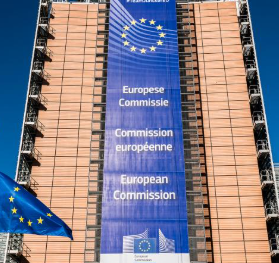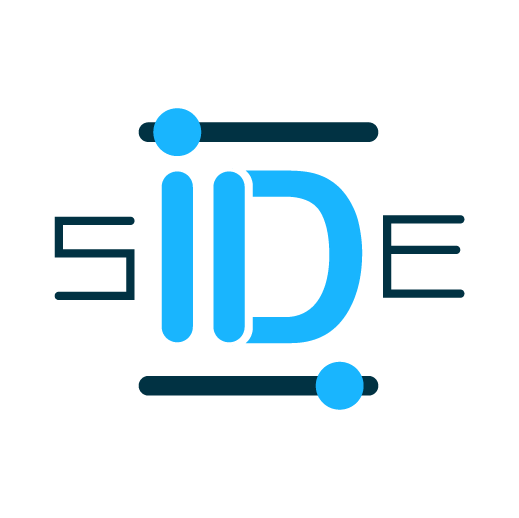ID side eprivacy Reality check "1:1" with EU Commission
7 Oct 2025

Last week, ID side CEO and CTO had the privilege of presenting our European-invented and patented technology to the European Commission, notably in the context of Automated Privacy Signals and ePrivacy. We were committed to accurately sharing our reality-based and targeted expertise and so doing provide teams in charge of building a stronger eprivacy framework, concrete & Tech innovative material.
As we demonstrated our Strongly De-identified Privacy Signals Systems, we were reminded of the “Draghi paradox”: Europe has long been the one setting the right principle, at the risk of constraining its own capacity to innovate through layers of regulation. But perhaps this paradox is now evolving into a unique advantage. By engaging directly with Europe’s most innovative SMEs, including ours, Europe has the chance to turn its regulatory precision into a genuine driver of innovation, trust and technological sovereignty.
The review of ePrivacy has been a demanding, multi-year journey that deserves recognition. Meanwhile, the US and India have already launched their “Automatic Privacy Signals.” Yet Europe is now in a position to go further, not just to codify rights, but to make them work in practice. The opportunity is to move beyond automatic "opt-outs" and into an era of authentic individual agency, where people can actively control their privacy, AI interactions, and digital choices... and where innovation serves as the vehicle of empowerment.
If seized boldly, this moment could transform the Draghi paradox into Europe’s unique strength. By turning its regulatory precision into a catalyst for trust, innovation, and inclusion, the EU can lead the world in realizing digital fundamental rights that are both principled and practical. his is where Innovation meets DigitalSovereignty, and where Europe can truly set the global standard for a human-centric digital future.T
As we demonstrated our Strongly De-identified Privacy Signals Systems, we were reminded of the “Draghi paradox”: Europe has long been the one setting the right principle, at the risk of constraining its own capacity to innovate through layers of regulation. But perhaps this paradox is now evolving into a unique advantage. By engaging directly with Europe’s most innovative SMEs, including ours, Europe has the chance to turn its regulatory precision into a genuine driver of innovation, trust and technological sovereignty.
The review of ePrivacy has been a demanding, multi-year journey that deserves recognition. Meanwhile, the US and India have already launched their “Automatic Privacy Signals.” Yet Europe is now in a position to go further, not just to codify rights, but to make them work in practice. The opportunity is to move beyond automatic "opt-outs" and into an era of authentic individual agency, where people can actively control their privacy, AI interactions, and digital choices... and where innovation serves as the vehicle of empowerment.
If seized boldly, this moment could transform the Draghi paradox into Europe’s unique strength. By turning its regulatory precision into a catalyst for trust, innovation, and inclusion, the EU can lead the world in realizing digital fundamental rights that are both principled and practical. his is where Innovation meets DigitalSovereignty, and where Europe can truly set the global standard for a human-centric digital future.T
